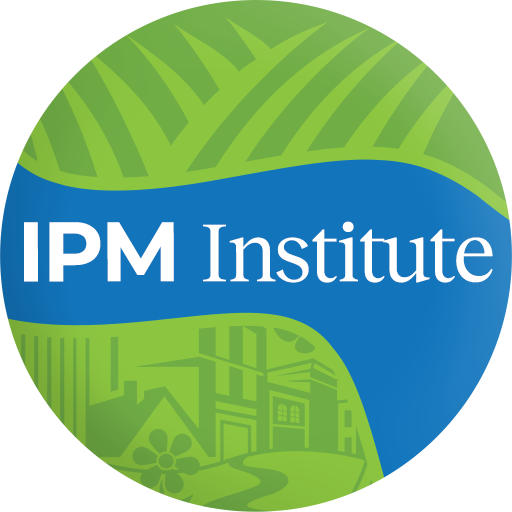Last week, Walmart U.S. announced landmark pollinator health commitments, the most far-reaching to date of any U.S. food retailer. The IPM Institute of North America is proud to have worked with Walmart to support policy development and to develop plans for implementation and verification including methods for measuring progress. The new policy seeks to help protect bees and other pollinators that are essential to an estimated one in three bites of food. Walmart’s commitment could help transform growing practices on thousands of farms globally that supply fresh fruits and vegetables to U.S. consumers.
The new commitments:
- Require all global fresh produce and floral suppliers to Walmart U.S. to adopt Integrated Pest Management (IPM) practices verified by third-party certifications by 2025.
- Encourage all fresh produce suppliers to reduce the use of chlorpyrifos and neonicotinoids and avoid replacing them with other products with a level I bee precaution rating
The IPM Institute of North America evaluated third-party certifications and recommended those with the strongest coverage of IPM practices. In an industry vulnerable to climate change and biodiversity loss, IPM guides farmers to use ecological methods that support the overall sustainability of their land.
Third-party certifications that verify IPM adoption include:
- Bee Better Certified
- Equitable Food Initiative (EFI)
- Fair Trade International – Hired Labor
- Fair Trade USA Year 6 and beyond, medium, and large farms
- Global G.A.P. Integrated Farm Assurance V5.3 GFS and higher
- LEAF Marque
- Rainforest Alliance
- Sustainable Food Group Sustainability Standard
- Sustainably Grown (SCS Global Services)
- USDA certified organic, as well as international organic labels that meet the USDA standard for equivalency.
While other major U.S. food retailers have established pollinator health policies encouraging reduction of these pesticides, only Walmart U.S. has committed to track their use in its supply chain with the goal of increasing transparency and assessing annual progress.
Along with addressing pesticides, Walmart U.S.’s new commitments aim to address another driver of pollinator decline, habitat loss. They include goals to protect, restore, and establish pollinator habitat in pollinator migration corridors and on farms in the company’s produce supply chain.


